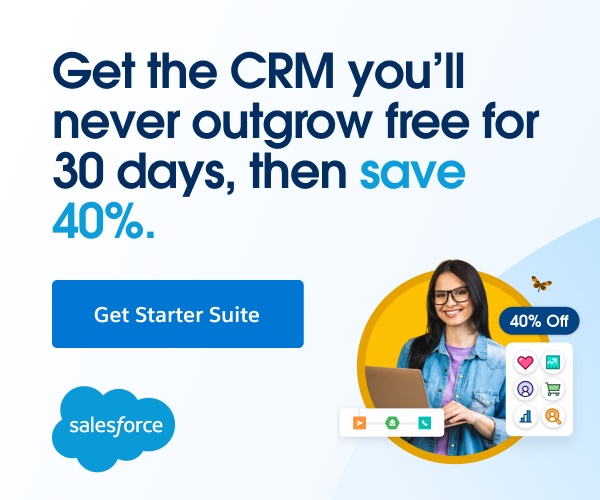Crytpo Quantique was founded to solve the security problems of a digital world. IoT security is an embedded part of modern day society that has the potential to revolutionise our lives, but it also has the potential for catastrophe. This became very clear to me in 2016 when the creators of Mirai malware deployed a huge denial of service (DDoS) attack that allowed them to hack into smart home appliances. The attack affected Facebook, Netflix and caused $100 million worth of damage in a single day - but it also caused people to open a much wider discussion about the challenges of IoT security. I saw not only how serious this issue was, but how the world was also realising the severity of insufficient IoT security. The market opportunity was huge, so I set out to find a solution.
Tell me about the business - what it is, what it aims to achieve, who you work with, how you reach customers and so on?
Crypto Quantique is the first software and IP (Intellectual Property) company to create true end-to-end IoT security products that protect the entire supply chain, from the design of the chip, to enabling a secure connection for devices to the cloud. It has partnerships with large semiconductor companies including STMicroelectronics, Microchip, and Renesas and with large OEMs like Wurth Elektronik. We’re headquartered in London, UK, and have offices in the US, Europe and Taiwan.
How has the business evolved since its launch?
I co-founded Crypto Quantique in 2016 having completed a PhD in physics and cryptography. Since then, the company has seen significant growth, aided by financial support from the European Innovation Council and early partnerships with semiconductor companies.
Raising capital hasn’t been easy, given we are operating in the deeptech sector. Ups and downs in the world economy and limitations on where we can export have also affected our evolution - but we’ve navigated this turbulence and continued to raise funding. We now have offices in the UK, Taiwan and the US which allows us to access the talent we need to progress, with further expansion still on our radar.
Tell us about the working culture at Crypto Quantique
Crypto Quantique’s company culture was not created by default, but by design. It was a series of collective decisions, made by the entire team about how we wanted to formulate our company’s culture. This was eventually broken down into 5 key pillars: transparency, support for one another, working hard, trust, and not being afraid to fail but failing fast. When it comes to reviewing our performance as a company, this will always come back to our culture and these 5 pillars.
How are you funded?
To date, we’ve raised £23M in funding, from our partnerships with large semiconductor companies and grants from the European Innovation Council.
What has been your biggest challenge so far and how have you overcome this?
As a deeptech company, finding the right product market fit has been the biggest challenge from the start - traction hasn’t immediately followed as we thought it might. We realised that what was being discussed in theory - the pressing need for IoT security solutions - was not being reflected on the ground.
To overcome this, we diverted focus from the tech to what the market is actually looking for. We began to understand that the lack of market interest was the result of an incorrect assumption from companies on the manufacturing supply side that security was built-in to their devices. In their mind, security solutions as an add-on weren't necessary. This meant that we adapted our messaging to stress the pressing need for security in order to keep up with the evolving threat landscape and impending regulation.
How does Crypto Quantique answer an unmet need?
IoT devices are vulnerable to attacks when they are not securely updated or designed with sufficient in-built safety systems. It can be the entry point of attacks into critical infrastructure and there has been a proliferation of IoT breaches in recent years. The emergence of quantum computers will make cyberattacks on IoT devices several orders of magnitude more powerful than they are today, capable of breaking traditional encryption methods and opening up businesses to compromise. Crypto Quantique is the first company globally to develop both quantum-proof hardware and software solutions that achieve true end-to-end security.
What’s in store for the future?
Regulation in our sector is going to be a game changer. From April 2024, UK law will require manufacturers of connected products to comply with baseline security requirements, or face potential legal consequences like product recall notices and fines up to £10M. Yet manufacturers are still unaware of this and last year, over 50% of IoT products were shipped with known vulnerabilities
The uniform regulation proposed by the UK, along with the EU cyber resilience act is urgently needed to prevent serious harm through inadequately secured devices. Ultimately, the future of this sector will be determined by one of two things: regulation that prevents a catastrophic cyber attack from taking place, or a catastrophic cyber attack that makes abundantly clear the need for these preventative measures. My hope is the former.
What one piece of advice would you give other founders or future founders?
Whatever you want to do you have to 100% believe in it - otherwise the constant knock-backs you get as a founder will be too much to withstand. This is also why hiring the right people, at the right time, should be a matter of priority. Starting a company requires a huge amount of resilience, even more so when you’re a deeptech founder. So, the team who are with you along this journey is going to be central to your success. Profit isn’t necessarily the factor that needs to be at the forefront of this belief- it must obviously be a consideration, but what drove me at the beginning was creating something that the world needed.
And finally, a more personal question! What’s your daily routine and the rules you’re living by at the moment?
My daily routine has been through many different phases as a founder. Having a routine is important but it’s not always easy to keep one. When we began in 2016, it was much more regimented: my day started at 5am, I went to the gym first, I was at the office by 7am, and I left the office at 10pm. But you have to adapt to the changes life throws at you and I’m much more flexible with my routine nowadays. The early stages of running a company can grind you down, so making time for recovery has been a bigger priority for me in recent years.
Dr Shahram Mossayebi is the CEO of Crypto Quantique.










